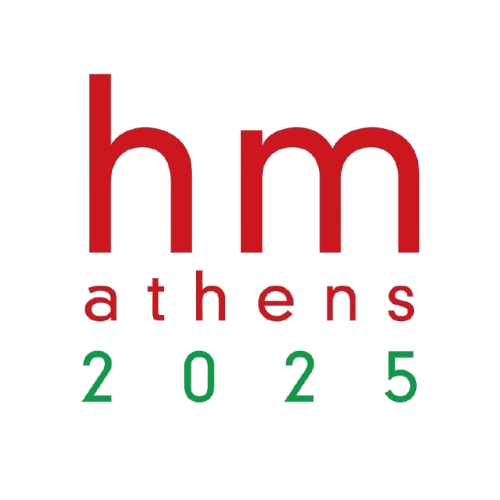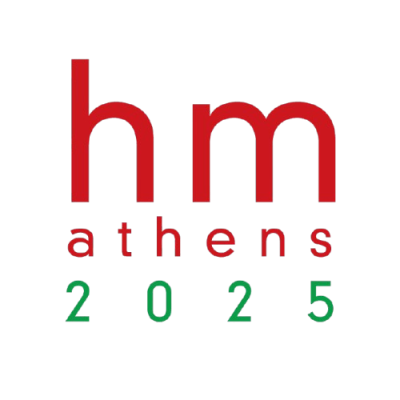Call for Papers for the Marxist Feminism, Gender and Sexuality Stream
The first quarter of the 21st century concludes with the genocidal war of Israel and its allies against the Palestinian people, expanding also to Lebanon and threatening to devastate the region. Women and children remain the most affected, while the occupiers are demolishing every social reproduction facility: hospitals and schools are targeted daily. Solidarity to the Palestinian people and anti-imperialist struggles are being brutally suppressed worldwide, while anti-Semitism, LGBTQIA+ and women’s rights are instrumentalised as part of the Zionist-imperialist oppressors’ agenda. Many other populations suffer the horrors of war at present while nation-states are asked to further increase their military spending, shrinking resources for their people. The Zionist-imperialist war and all imperialist wars at present are wars against social reproduction.
We now live on a planet in flames as, alongside and because of war, climate catastrophe is creating new refugees in their thousands and destroying communities. Simultaneously, the attack against labour rights is sharpening globally, intensifying precariousness and vulnerability. In the face of the acceleration of the capitalist technology that is rapidly transforming the landscape of labour, throwing whole groups of workers out of regular work, but also facilitating capital’s plans to further disconnect the state from the sectors of social welfare, struggles and strikes worldwide continue to set the pulse of a planet that has not stopped addressing the need for resistance and organising. The gains of fascism in this transnational context of permanent, intersecting crises make this need even more pressing.
The question is now of gathering forces and of finding a compass against a multifaceted attack of capital, the rise of the far right and neo-fascism, normalised racism, and conservatism, but also against exhaustion and resignation, in order to multiply resistance and outline strategies and alternatives.
For HM Athens 2025, we welcome panels that consider diverse aspects of Marxist feminist histories, highlighting debates as a militant force of theory and practice. Indicative themes include, but are not limited to:
– How can Marxist feminist theory elucidate the present and help develop an internationalist anti-imperialist strategy against genocidal capitalism and its diverse forms of instrumentalisation?
– How can Social Reproduction Feminisms demystify the multiple ways in which contemporary capitalist exploitation creeps into every aspect of everyday life, through the prism of the intersection of gender, race, class, ableness?
– How do Marxist feminist theory and epistemology contribute to an understanding of colonialism, Zionism, militarism, hetero/homo-normativity and white supremacy?
– How does Marxist feminism respond to the deepening individualisation and further class suppression in terms of precarisation?
– How do theories around gender intersect with Marxist feminist theory in the struggle against exploitation – more broadly, what dialogues are enacted between Marxist feminism and other streams of radical left thought? In what ways can queer and gender theory intersect with Marxist feminist perspectives towards an emancipatory vision?
– What are the aspects of contemporary pinkwashing, homo- and femonationalism amid the rise of the European far right and extreme right, in the context of gendered realities of borders and migration, and how can we respond?
– How are queer, feminist and LGBTQIA+ movements resisting gendered hierarchies that serve imperialist and militarist narratives to generate social consent?
– Capital generates technologies that transform the meaning of social reproduction work and the life cycle from before birth to death. Also, tech giants are moving towards energy autonomy through use of nuclear power in a broader context of energy wars. How does Marxist feminism address the emerging reality?
– What does ‘reproduction’ entail for the global majority workers employed in increasingly precarious conditions, in global north or global majority locations? How does the crisis of social reproduction affect workers’ rights and what is its impact on gender and racial divides? What is the impact of a perpetual social reproduction crisis on paid and unpaid social reproduction workers?
-What mechanisms does imperialism and capital use to draw women and queer people into supporting the further militarisation of societies, generating a complex consensus in favour of the status quo?
Submit on the online form or via the website:


